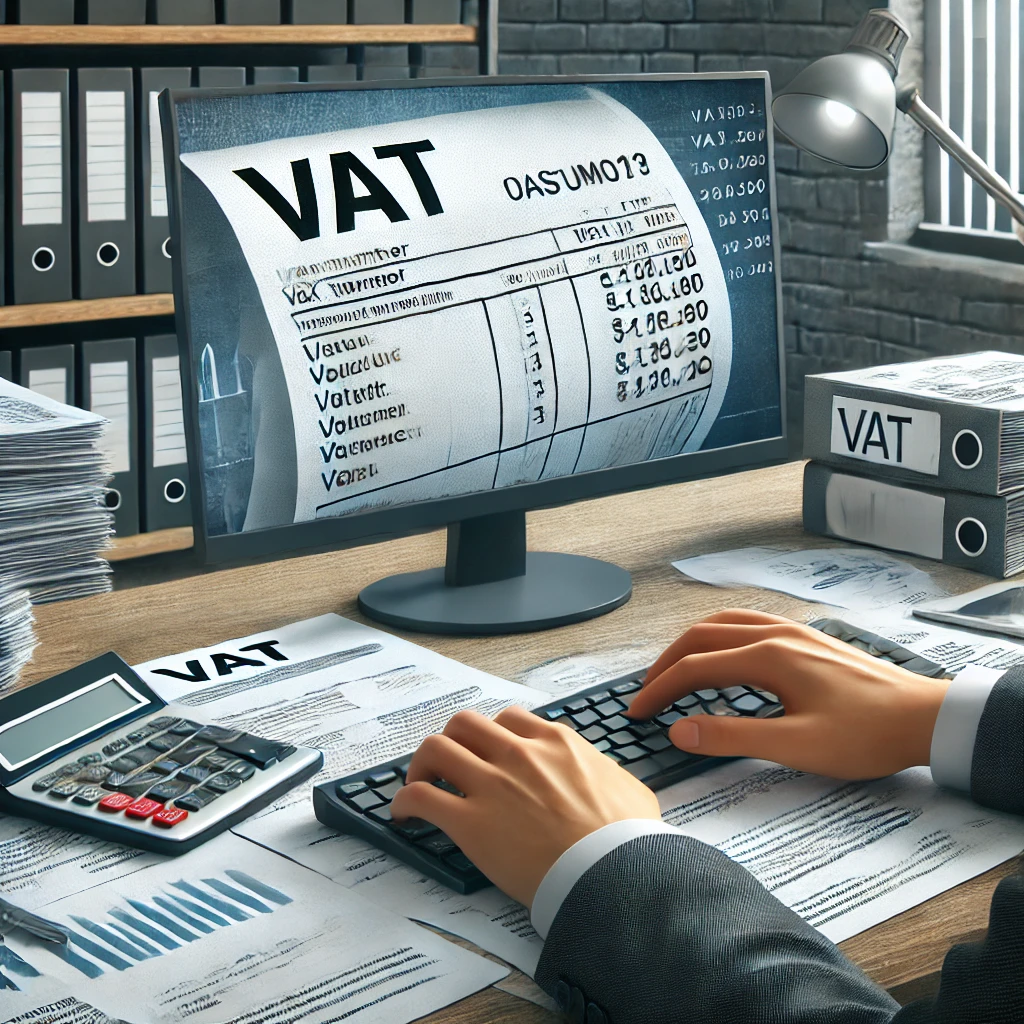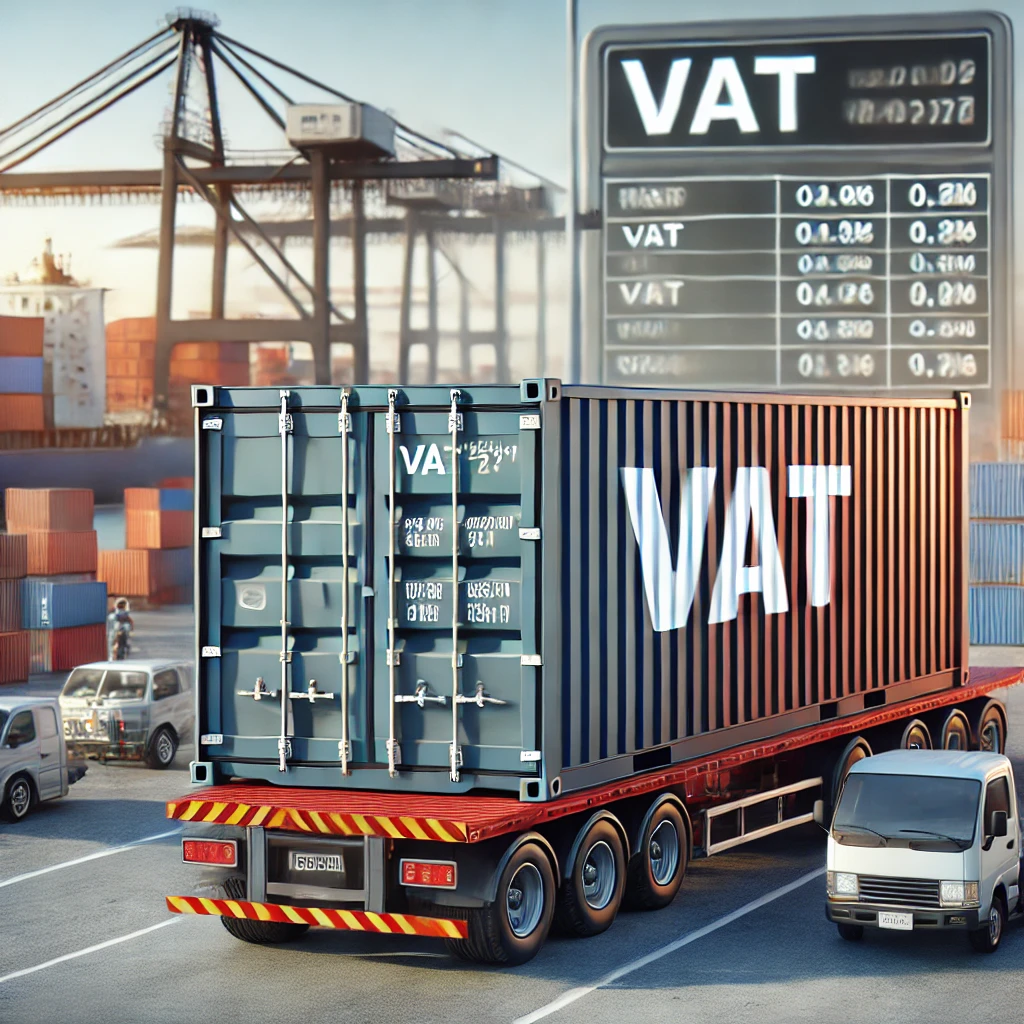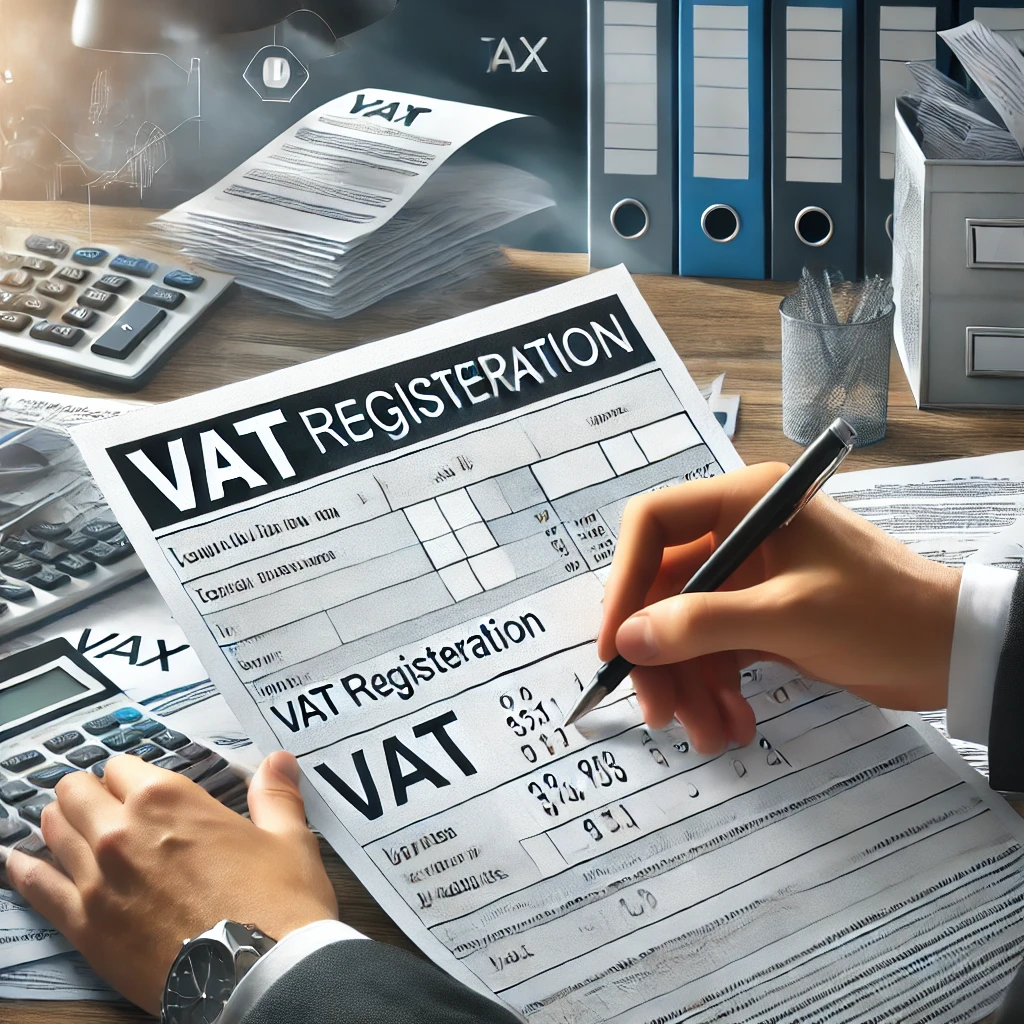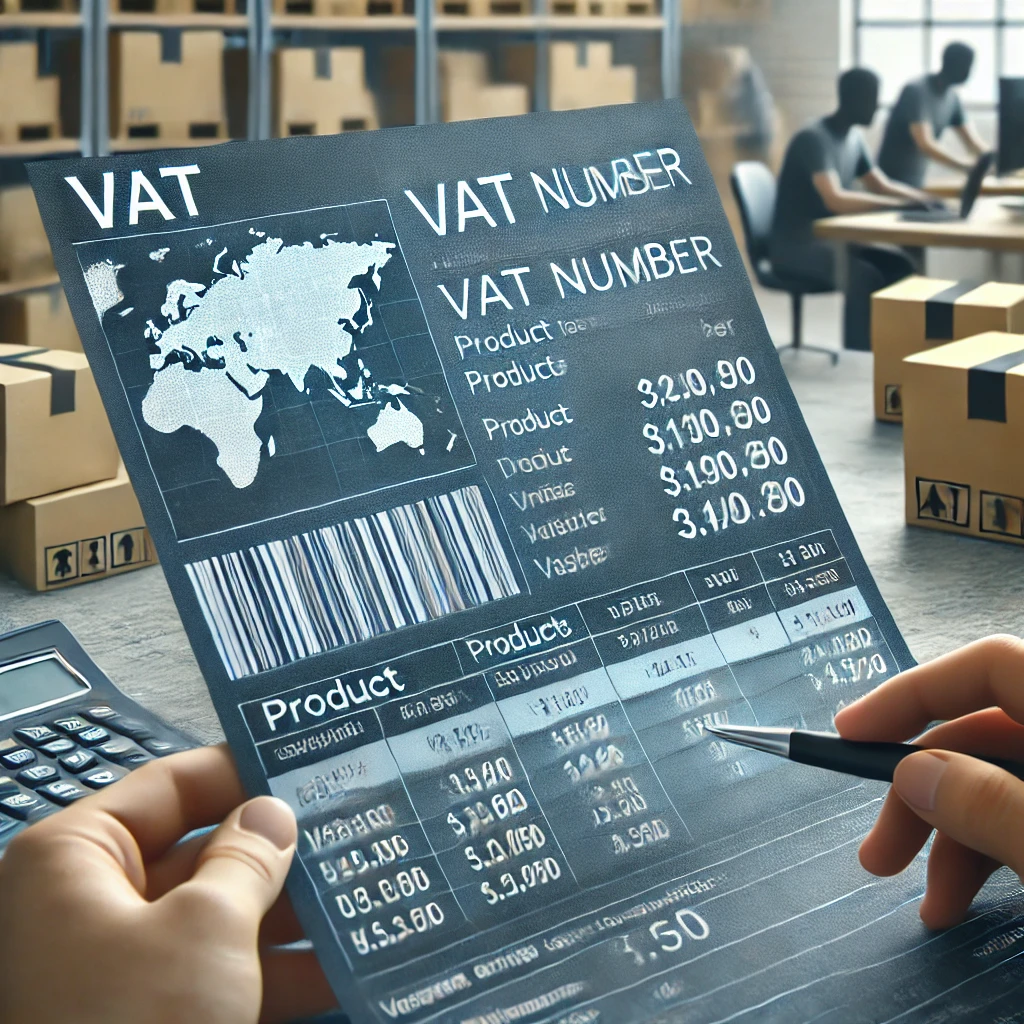An In-Depth Guide to What Is a VAT Number

What is a VAT Number?
A VAT number (Value Added Tax number) is a unique identifier assigned to businesses or entities that are registered to collect and pay , which is a type of sales tax imposed on goods and services. This number allows tax authorities to track and monitor transactions involving , ensuring that businesses comply with tax regulations and contribute the correct amount to the tax system.
The is essential for businesses that sell goods or provide services in countries where is applicable. It is often used in invoicing, legal documents, and tax returns to identify businesses within the tax system.
Key Features of a VAT Number
- Unique Identifier: A VAT number is a unique identifier for businesses and is used by tax authorities to track the business’s VAT activities.
- Country-Specific: VAT numbers vary depending on the country of registration. Different countries may have their own format and rules for VAT number assignment.
- Mandatory for VAT-Registered Businesses: Only businesses that are registered for VAT purposes are assigned a VAT number.
- Used for Invoicing: Businesses must include their on invoices to clients or customers, especially for transactions that involve VAT-exempt or cross-border sales.

How Is a VAT Number Used?
A VAT number is required for a range of business activities, primarily those related to goods and services that are subject to . Here are the main ways a VAT number is used:
- Invoicing: When businesses make taxable sales, they are required to include their number on invoices to customers. This provides proof that they are legally registered for VAT and ensures that VAT can be collected and passed on to the relevant tax authority.
- International Trade: Businesses involved in cross-border transactions, such as exporting goods or providing services internationally, must include their on invoices for customs purposes. In some cases, exemptions may apply to international trade, and having a is necessary to claim these exemptions.
- Tax Returns: Businesses are required to submit regular tax returns to report their VAT collection and payments. The number is used to track these transactions and ensure compliance with tax laws.
- Claiming VAT Refunds: In some cases, businesses that incur VAT on purchases or expenses related to their operations can claim refunds. Having a is necessary to submit such claims to tax authorities.
Practical Uses of a VAT Number
- For Businesses:
- Maintaining Compliance: A VAT number ensures that businesses comply with national tax laws and that they are registered with the appropriate tax authority. This helps businesses avoid fines or penalties for failing to collect or remit properly.
- Accurate Record-Keeping: Using a number helps businesses maintain accurate records of their VAT transactions, making it easier to manage finances and prepare for tax filings.
- VAT Invoicing: Businesses that are registered for VAT must include their VAT number on invoices, ensuring the customer can claim VAT back on business-related purchases or sales.
- For Customers:
- Business Transactions: Having a VAT number is important for customers who need to verify the legitimacy of a business and its ability to issue -compliant invoices.
- Cross-Border Purchases: Customers purchasing goods or services from businesses in other countries may need the seller’s to qualify for exemptions or reductions in depending on their country’s regulations.

How to Obtain a VAT Number?
In order to obtain a VAT number, businesses must first register for with the relevant tax authorities in the country where they operate. The process for registration can vary between countries, but the general steps usually include:
- Determine Eligibility: Not all businesses are required to register for. For example, businesses with a small annual turnover may be exempt from VAT registration. However, businesses with higher turnover or those that deal with international trade must register for .
- Submit an Application: Businesses must submit an application to the tax authority, providing necessary information such as business details, type of business, expected turnover, and other relevant information.
- Receive VAT Number: Once the application is processed and approved, the business will be issued a unique VAT number. The number is usually sent by mail or email, depending on the country’s process.
- Start Issuing VAT-Compliant Invoices: After receiving the VAT number, businesses can start issuing VAT-compliant invoices to clients and customers, and collecting VAT on applicable sales.

VAT Number Format by Country
While VAT is applied in many countries, the structure of VAT numbers can vary depending on the country of registration. Below are some examples of how VAT numbers are structured in different regions:
- European Union: VAT numbers within the EU typically start with a country code followed by a unique identifier (e.g., GB123456789 for the UK).
- United States: The United States does not have VAT but instead uses Sales Tax Identification Numbers (STINs) or Employer Identification Numbers (EINs) for businesses involved in state-level sales tax collection.
- Canada: Businesses in Canada are assigned a GST/HST (Goods and Services Tax / Harmonized Sales Tax), which functions similarly.
- Australia: In Australia, the system is replaced by the Goods and Services Tax (GST), and businesses are assigned an ABN (Australian Business ) for tax purposes.
The Importance of VAT Number for Global Trade
For businesses engaged in international trade, having a VAT number is crucial. It enables businesses to:
- Engage in Cross-Border Sales: International sales often involve VAT exemptions or reductions. A valid VAT number is required to apply for these exemptions, which can significantly reduce costs for businesses and customers.
- Ensure Customs Compliance: A VAT number is often necessary for customs purposes when importing or exporting goods. It provides proof that the business is registered with tax authorities, ensuring smoother customs clearance.
- Claim VAT Refunds: Businesses that pay VAT on their purchases can claim refunds or deductions. This is especially beneficial for businesses involved in importing goods from other countries, as it helps offset VAT paid on imports.
Conclusion
A VAT number is a fundamental requirement for businesses involved in any form of sales, import/export, or international trade. It serves as a critical identifier in the global tax system, ensuring compliance with VAT laws and facilitating the smooth movement of goods and services across borders.
By understanding the role of VAT numbers, businesses can better manage their tax obligations, improve operational efficiency, and avoid potential legal complications. Whether you’re a small business or a large enterprise, obtaining and using a VAT number is an essential step in navigating the complexities of global commerce.
